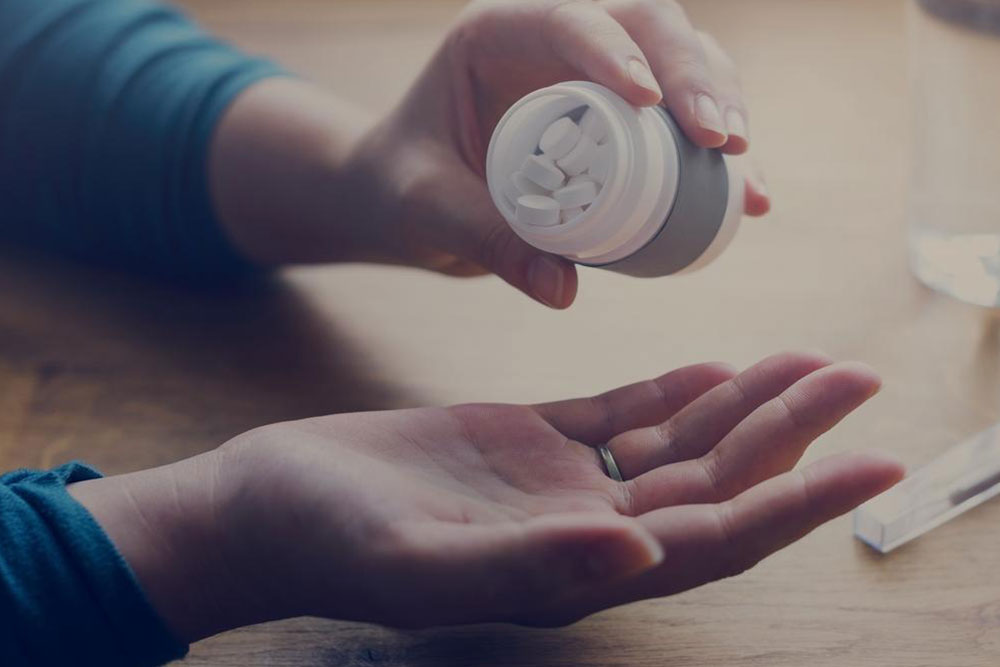Comprehensive Guide to Alcohol Detoxification Programs: Your Pathway to Recovery
This comprehensive guide explores various alcohol detoxification programs, highlighting their features, benefits, and importance for effective recovery. From inpatient to outpatient options, learn how professional support and tailored treatment plans can help individuals overcome alcohol dependence safely and sustainably, laying the foundation for long-term sobriety and health.

Comprehensive Guide to Alcohol Detoxification Programs: Your Pathway to Recovery
Alcohol addiction, often manifesting as daily or excessive drinking, is a major public health concern worldwide. This condition, commonly called alcoholism, can lead to severe health complications, disrupted relationships, and diminished quality of life if not addressed promptly. Recognizing the signs of alcohol dependence and understanding the available detoxification options are crucial steps toward achieving sobriety and restoring health. While many individuals attempt to self-manage withdrawal and recovery, professional intervention remains the most effective approach.
Engaging in an alcohol detoxification program within a reputable facility provides structured support, medical supervision, and personalized care strategies tailored to individual needs. These programs are designed not only to safely manage withdrawal symptoms but also to lay a strong foundation for ongoing sobriety and mental well-being.
Types of Alcohol Detoxification Programs:
Inpatient Treatment Programs: These intensive programs require participants to reside within the rehabilitation facility for a period typically ranging from one month to a year. During this time, individuals receive round-the-clock medical care, psychological support, and behavioral therapy to facilitate detoxification and address underlying issues contributing to dependency. In the early phases, contact with family and friends may be limited to ensure focus on recovery. As progress is made, patients may gradually resume outside activities, social interactions, and outings, preparing them for reintegration into everyday life.
Partial Hospitalization Plans (PHP): PHP involves attending the treatment facility for four to eight hours daily, usually over three months. This approach is ideal for patients who have a stable home environment and a strong support system, enabling them to receive professional care without overnight stays. Regular monitoring and therapy sessions help manage withdrawal symptoms and prevent relapse. However, maintaining sobriety outside the program requires commitment, and the risk of relapse underscores the importance of continued support.
Outpatient Programs: Tailored for individuals with work, family, or other commitments, outpatient programs allow participation in therapy sessions at clinics or hospitals while living at home. Sessions are often scheduled in the evenings or on weekends, providing flexibility. While less intensive, outpatient care relies heavily on personal motivation and strong social support networks to sustain sobriety. In cases with severe dependence, outpatient programs might be combined with medication-assisted treatment for better outcomes.
Intensive Outpatient Therapy (IOP): Designed for highly motivated individuals, IOP involves multiple therapy sessions per week, totaling anywhere from 9 to 20 hours, over a duration of two months to a year. This program combines group therapy, individual counseling, and educational workshops to enhance coping skills, identity triggers, and develop relapse prevention strategies. Success in IOP depends heavily on personal dedication, family involvement, and ongoing medical supervision.
Upon admission into any detoxification program, patients undergo thorough evaluations by medical and mental health professionals. These assessments determine the severity of alcohol dependency, overall physical health, and any co-occurring mental health conditions. Based on this information, customized treatment plans are developed, including medication management to alleviate withdrawal symptoms and prevent complications. Medications like benzodiazepines, anticonvulsants, and other aids may be prescribed to ease withdrawal processes safely.
Therapeutic interventions during detoxification focus on behavioral therapy, counseling, and skill-building to address emotional and psychological aspects underlying alcohol dependence. Educational sessions aim to improve understanding of addiction, relapse triggers, and coping mechanisms. Post-detox, continued outpatient support such as support groups, counseling, and relapse prevention programs are crucial to maintaining sobriety and preventing relapse.
Choosing the right alcohol detox program depends on individual circumstances, including the severity of dependence, personal support systems, and medical history. Consulting healthcare professionals and addiction specialists can help determine the most suitable approach tailored to specific needs. Remember, recovery from alcohol dependence is a journey that involves ongoing effort, support, and professional guidance.
Embarking on this path through structured detox programs is a proactive step toward reclaiming health and stability. With the right treatment plan and support system, individuals can overcome alcohol dependence, improve their mental and physical health, and enjoy a sober, fulfilling life. If you or your loved ones are battling alcohol addiction, seeking professional assistance is highly recommended for a safe, effective, and sustainable recovery process.




